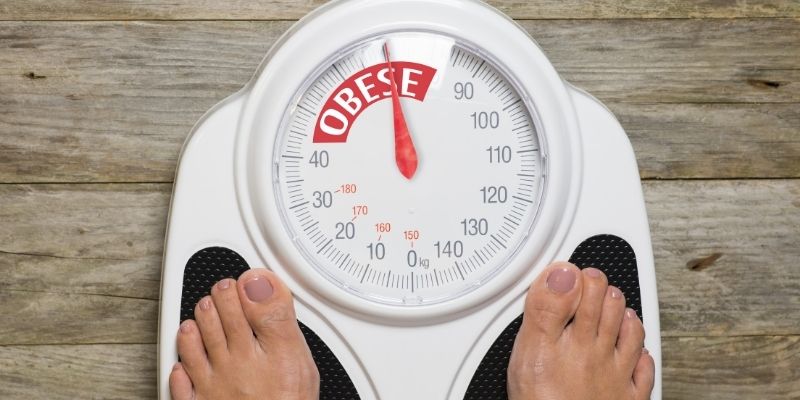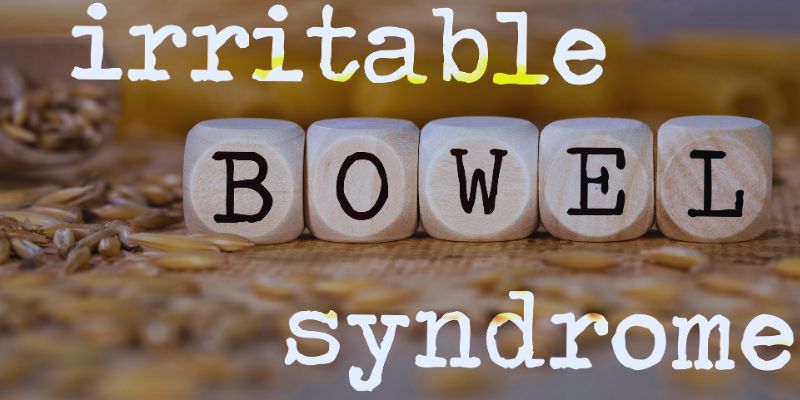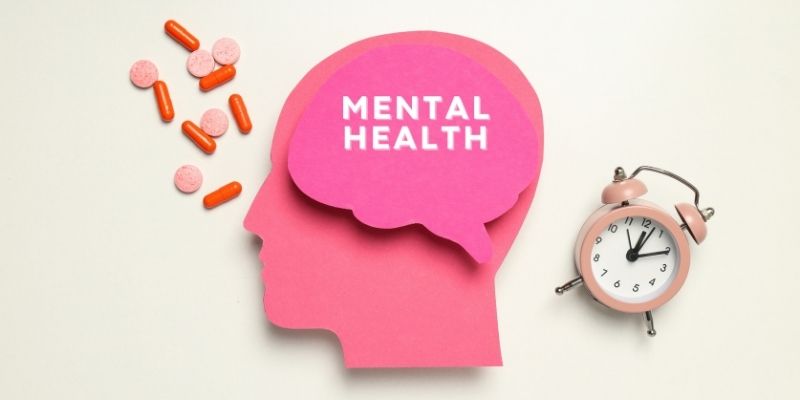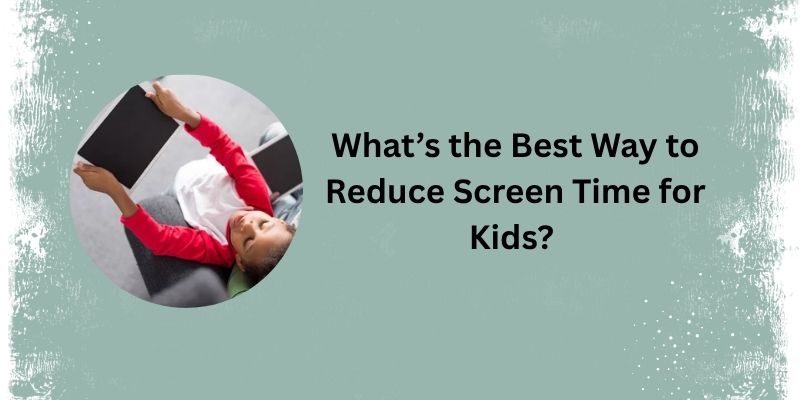Over the last several decades, kid obesity has gone from being a medical issue to a full-blown public health epidemic. What used to be seen as isolated incidents are now prevalent phenomena that impact millions of kids all over the globe? This surge isn't just about weight; it also impacts long-term health, mental well-being, and overall quality of life. To combat childhood obesity, we need to work together and think carefully about how to address it. Quick remedies won't work.
 To solve this complex problem, we need to change the way we eat, how we exercise, and how we support each other in our communities. We also need to make sure that kids feel noticed, supported, and never ashamed.
To solve this complex problem, we need to change the way we eat, how we exercise, and how we support each other in our communities. We also need to make sure that kids feel noticed, supported, and never ashamed.
How Schools Can Help Create Healthier Futures
Schools are well-positioned to teach children about healthy behaviors from a young age, facilitating early intervention. Studies have demonstrated that making school meals healthier through nutrition guidelines lowers children's BMI and provides a positive example for future decisions. Schools affect how kids eat in more ways than just what's on their lunch trays. They achieve this by teaching children, showing them how to eat, and providing them with consistent messages. Schools can help kids lead healthier lives by ensuring that their dietary needs are incorporated into their daily routines.
A well-fed youngster is more focused, emotionally stable, and ready to learn. The Healthy, Hunger-Free Kids Act in the US is an example of how smart adjustments to legislation may improve both the food served and the results for students. When these kinds of changes involve getting the community involved, educating school personnel, and teaching children that food is fuel rather than a reward or punishment, they become much more effective.
Movement as a Part of Everyday Life
Physical exercise remains a crucial component of all health initiatives. However, as more people utilize technology and face academic pressure, the chances of relocating have gradually decreased. Schools used to have a lot of time for play and physical education, but now they have more time for tests and studying on screens. This change has disrupted the equilibrium essential for children's growth.
Adding scheduled and unstructured physical exercise back into the school day might help kids develop better habits and feel better emotionally. Walking school buses and exercise breaks are two examples of programs that have been shown to have substantial advantages for both health and classroom engagement. When kids are encouraged to move about in a fun, non-competitive setting, they learn that exercise doesn't have to be a punishment or duty; it can be a fun part of life.
Family as a Source of Health Support
The family plays a crucial role in early health interventions. Parents and caregivers are the first people to teach children about health by showing them how to behave and setting up eating situations that will effect them for the rest of their lives. Families involved in health programs tend to achieve better results in terms of diet, exercise, and emotional support. This is particularly true when interventions consider cultural norms, economic realities, and everyday life.
Programs that work know that change doesn't happen in a vacuum. Getting families involved in school health programs or community-based nutrition initiatives may help everyone see the same picture of health. Simple things, such as eating together, staying active on weekends, or limiting screen time, may have a significant impact on reversing the trend of obesity. Providing families with easy access to tools and assistance triggers a chain reaction of positive change that enhances children's resilience and fosters their self-esteem.
Community-Led Interventions and Fairness
To achieve lasting changes, communities must collaborate with families and institutions. When they have the right assistance, local coalitions can utilize their cultural expertise and grassroots strength to create environments where making healthy choices is simple and natural. Community gardens, kids' sports leagues, and neighborhood wellness activities all help people become healthier by addressing social factors that frequently make it difficult for individuals to access the care they need.
However, to achieve fair results, we need to identify and address the existing differences. Kids in underprivileged areas are more likely to have trouble getting good meals, safe places to play, and regular medical care. Effective interventions focus on these communities and provide solutions that address the problems inherent in the system. Because of this, fighting obesity is not simply a health problem; it is also a justice issue. For long-term success, it is essential that all children, regardless of their background, have access to environments that promote their well-being.
Medical help and specialized treatments
For certain kids, particularly those who are very overweight or have health problems due to being overweight, medical help is quite important. Pediatricians and other healthcare professionals do more than provide diagnoses; they also offer comprehensive care. They also teach, motivate, and establish a plan for taking small steps toward growth. Therapeutic programs or even surgery may be choices in certain circumstances, but only as part of a whole treatment plan that includes behavioral and dietary advice.
When it comes to clinical treatment, obesity must be handled with care and precision. Professionals who care about children and families should understand the emotional and mental toll that obesity takes. Rarely do interventions that humiliate or push seldom work; they also hurt. Instead, healthcare should be a place of support, clarity, and purpose, where families can establish realistic objectives and build trust and confidence in the process.
A Promise to Future Generations by Everyone
Childhood obesity is not a personal failure; it is a problem that affects everyone and is caused by larger social, cultural, and economic factors. To address this, education, healthcare, government, and community groups must collaborate. Each stakeholder brings their unique skills, and when they work together toward a common goal, real change becomes not just feasible but certain.
Prevention is the most effective way to maintain long-term health. This involves investing in early interventions, programs that are culturally relevant, and spaces that foster self-esteem and promote awareness. Helping every kid reach their full potential, free from the weight of avoidable disease and shame, is what reversing childhood obesity is all about.

Conclusion
It won't be easy to stop the growth in kid obesity, but it is possible. It needs people to be intentional, work together, and change the way they think about health, diet, and exercise. Children are more likely to succeed when they attend well-run schools, have supportive homes, access to responsive healthcare, and fair communities. This isn't a simple remedy; it will take a long time and a clear goal to work toward for future generations.
As we go ahead, let's think about not just what has to change but also what may be grown. Health is not a goal; it's a decision you make every day. Children should be able to make this choice with pleasure, dignity, and optimism. We can change the existing situation into one where all kids can grow up free to live active, colorful lives if we work together and don't give up.












